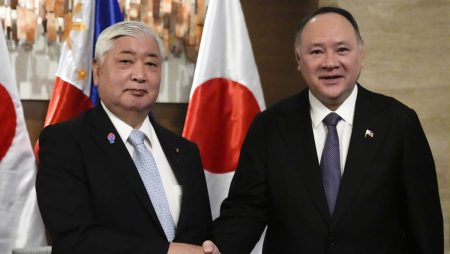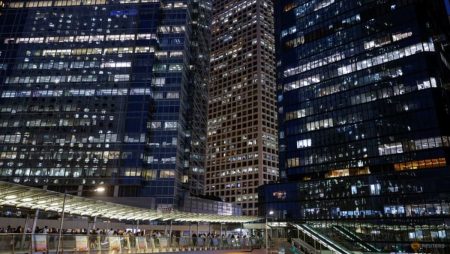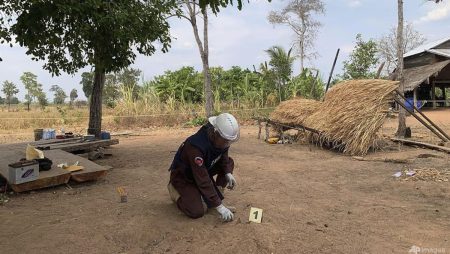The recent statement by a prominent figure, suggesting the relocation of Palestinians from Gaza to new settlements funded by substantial investment, has ignited a firestorm of controversy. This proposal, seemingly aligning with the desires of Israel’s far-right factions, directly contradicts the stance of the former US President, who explicitly pledged against mass displacement of Palestinians. The suggestion has been met with vehement rejection from Arab states and the Palestinian Authority, with some human rights advocates going so far as to compare it to ethnic cleansing. This controversial proposition underscores the deep-seated complexities of the Israeli-Palestinian conflict and highlights the divergent approaches to resolving the decades-long struggle.
The core of the contention revolves around the future of Gaza, a densely populated Palestinian enclave that has suffered through years of conflict and humanitarian crises. The proposed solution, advocating for the relocation of Gazans to newly constructed settlements, ostensibly offering improved living conditions and economic opportunities, has been interpreted by many as a veiled attempt to dispossess Palestinians of their land and further entrench Israeli control. This perspective is fueled by historical precedent and the ongoing tensions surrounding land ownership and sovereignty in the region. The proponent’s claim that this approach would be “a lot better than going back to Gaza” implies a disregard for the Palestinians’ right to self-determination and their historical connection to the land.
Critics of the proposal argue that it not only disregards Palestinian rights but also circumvents the fundamental issues at the heart of the conflict. Rather than addressing the root causes of the ongoing strife, such as the occupation of Palestinian territories and the blockade of Gaza, this proposal focuses on a superficial solution that fails to acknowledge the Palestinians’ legitimate grievances. The suggestion of building “really nice places with plenty of money in the area” overlooks the deeper emotional and political significance of the land for Palestinians, reducing a complex historical and cultural issue to a purely transactional one.
Furthermore, the international community, particularly Arab states and the Palestinian Authority, has strongly condemned the proposal. Their rejection stems from concerns about the forced displacement of a population, the potential violation of international law, and the fear of setting a dangerous precedent for resolving territorial disputes. The comparison to ethnic cleansing, drawn by some human rights advocates, underscores the gravity of the situation and the potentially devastating consequences of implementing such a plan. The proposed solution, rather than fostering peace and stability, threatens to exacerbate existing tensions and further destabilize the region.
The timing of this controversial proposal is also significant, considering the historical backdrop of the Israeli-Palestinian conflict and the current political climate. The proponent’s close ties with Israel and past actions, such as relocating the US embassy to Jerusalem and brokering the Abraham Accords, have further fueled the controversy. While these actions were lauded by some as steps towards peace, they were also criticized by others for potentially undermining the peace process and further marginalizing the Palestinians. The proponent’s insistence on wanting to end the wars in the Middle East, juxtaposed with this latest proposal, creates a jarring dissonance and raises questions about the sincerity and effectiveness of their approach.
In conclusion, the proposal to relocate Palestinians from Gaza to newly constructed settlements has generated widespread condemnation and raised significant ethical, political, and legal concerns. The proposal, perceived by many as a form of displacement and a violation of Palestinian rights, has been rejected by Arab states, the Palestinian Authority, and numerous human rights organizations. The suggestion of simply providing “really nice places with plenty of money” ignores the historical, cultural, and emotional significance of the land for Palestinians and fails to address the root causes of the conflict. This controversial proposition underscores the urgent need for a just and lasting solution that respects the rights and aspirations of both Israelis and Palestinians, a solution that moves beyond simplistic proposals and tackles the core issues fueling the enduring conflict. This requires a commitment to international law, a genuine effort to understand the perspectives of all parties involved, and a willingness to engage in meaningful dialogue to achieve a peaceful resolution.










